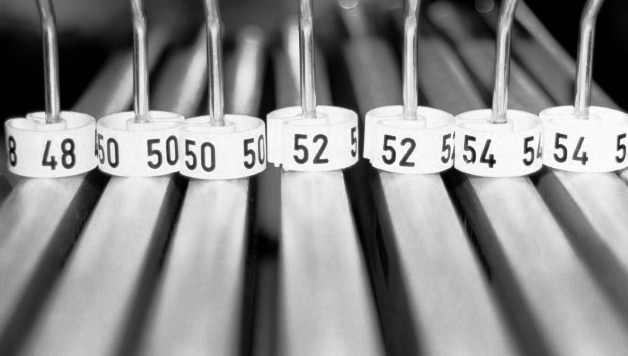On 5 February 2013, the Federal Court of Victoria ordered Kingisland Meatworks & Cellars Pty Ltd (Kingisland) to pay $50,000 in pecuniary penalties for making false or misleading representations concerning the place of origin of its meat. In addition to the pecuniary penalties, Kingisland:
- was ordered to pay the ACCC’s legal costs;
- and Mr Mastromanno (the owner of Kingisland) are restrained, for a period of 3 years, from making any representation that any meat sold by either Kingisland or Mr Mastromanno is from King Island, when it is not; and
- was ordered to display corrective notices on the windows, front doors and inside of, the business premises.
This follows the original decision (see our earlier post) of Murphy J on 14 August 2012 that, since July 2008, Kingisland had been leading its customers to believe that meat purchased from its “retail business, or at least a significant proportion of it was grown or raised, or was otherwise from King Island when this was not the case”. By doing so, Kingisland was in contravention of the Australian Consumer Law (“ACL”) (and equivalent provisions of the then Trade Practices Act 1974 (Cth) (TPA)) for:
- engaging in misleading or deceptive conduct or conduct that is likely to mislead or deceive (section 18 ACL and 52 TPA); and
- making false or misleading representations concerning the place of origin of goods (section 29(1)(k) ACL and 53(e)(b) TPA).
The Court also found that Mr Mastromanno, as manager and sole director of Kingisland, was knowingly involved in the breaches.
The ACCC sought a penalty of $75,000 – $125,000 for the contraventions. Kingisland argued that this was too high as the business is a small one with a small positive cash flow (contending that even $50,000 would wipe out the company’s profits for financial year 2012), and that a penalty in the vicinity of $10,000 would have been appropriate. In his judgment, Murphy J rejected this argument and found that $10,000 was far too low for a business with a gross trading profit $681,000 and “would not sufficiently deter [Kingisland or Mr Mastromanno] from repetition of the conduct, or sufficiently deter others from similar conduct” and therefore, “a significantly higher penalty is necessary although not one so high as to be oppressive”.
Taking into account all factors, as well as the fact that Kingisland had already incurred its own legal costs and was liable to pay the ACCC’s legal costs, in Murphy J’s view, $50,000 was an appropriate number.








